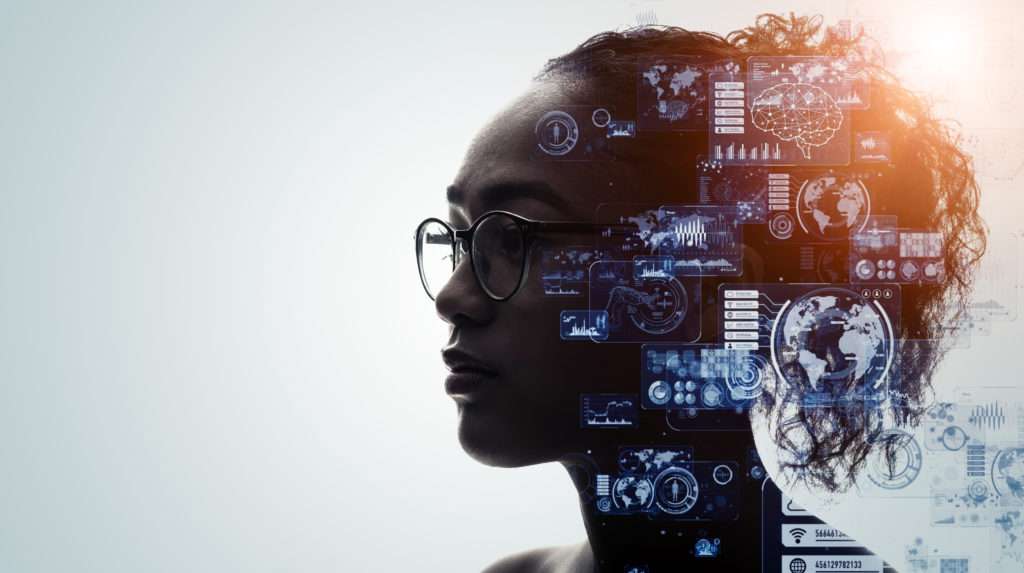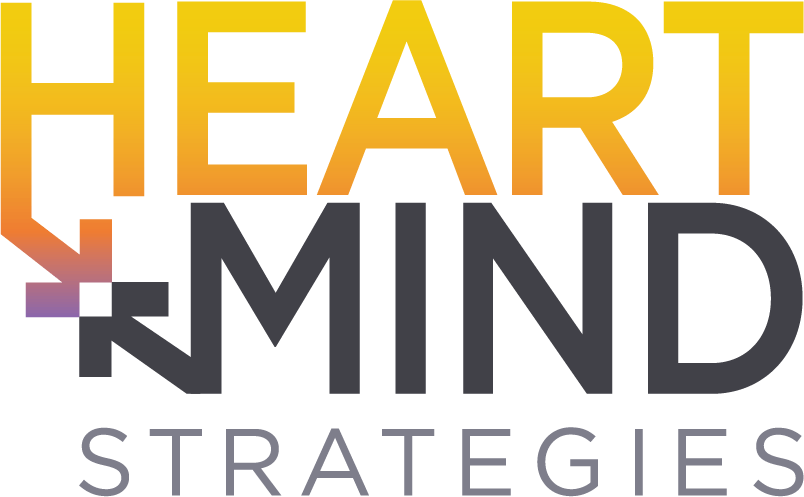By Mike Dabadie
The ongoing news of OpenAI’s release of ChatGPT (an interactive chatbot powered by machine learning) can be seen as either a tool or a threat to humans. Will AI serve to replace us or help us? Will it help us make decisions or will it make decisions for us? Or maybe it will be some permutation of all these.
In the insights and strategy business, advances in technology have always been embraced to help advance our profession. Home telephones, computers, the Internet, mobile phones, neuroscience and more have led to important advancements in research, polling, data sciences, and strategy. Used ethically and with an eye on bringing the human closer to the decision process, new technologies can always improve our work and keep human values at the heart of matter.
Will AI replace market research?
Will OpenAI replace researchers, pollsters, and strategists? It could, if they don’t use it as a Fourth Wave of Research. This Fourth Wave is about humans and humanity. It’s about humans in the sense of getting people closer to the decision processes (political, business, families, friends), and it’s about humanity in the sense of the ethical applications of AI.
Does OpenAI mean clients won’t need insights strategists because they can just turn to AI? “How would Mike Dabadie chose X?” “What would Mike Dabadie do if faced with a decision on X?” In some cases, probably so. But Google, Microsoft, and Amazon still continue to turn to us to ask: “What should our strategy be on X based on why humans think and act? How are they making choices about X?”
AI may one day know my decision processes the more I interact with it, but so long as I — as a human — have my personal consciousness, heart, mind, and soul, AI won’t be able to replace me or perfectly replicate my decision process.

Does AI have an ethical sense or a set of values?
As AI learns, it advances, and it one day may have sense and consciousness. Humans program AI, so from there we must ask — will AI have an ethical sense or a set of values? What values? Will it include individual and social values? These are already being embedded into the development of these tools.
We will find out. In the coming weeks, we’ll embark on a project to interview ChatGPT as if it was a respondent — acting as if it had sense — and compare our findings to past research projects among human participants to assess:
- AI vs. Human response on attitudes.
- AI vs. Human response on decisions.
- The “accuracy” and truthfulness of response.
- Social bias in response and which one tells us what we want to hear.
- The values-based responses and set of ethics held by humanity, society, and the AI we program.
I do not see AI replacing human researchers or the market research profession. In can help enhance certain aspects of market research — such as promoting better inclusivity, gathering authentic social and behavioral insights through social media, and more efficient survey analysis. I see it as an exciting enabler that can feed curiosity to learn, expand, and to do good for humans when humans do good for each other. We can use it to champion the human.
This is the Fourth Wave and the continued digitalization, democratization, and decentralization of human decision making.
